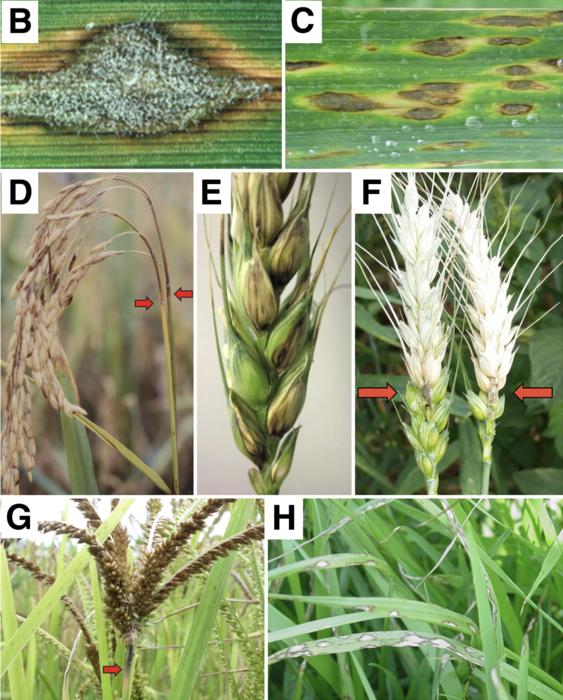 Cancer Is Killing Fewer Americans Than Ever
Cancer Is Killing Fewer Americans Than EverThe science and medical response to activists claims that drinking water, weedkillers, and food...
 Remote Health Care Messaging Is Increasing Physician Burnout
Remote Health Care Messaging Is Increasing Physician BurnoutTelehealth, replies to messages or a quick video consulation with a health care provider, are designed...
 Climate Change Implicated In Teen Pregnancy
Climate Change Implicated In Teen PregnancyYoung women are at at increased risk of school dropout, transactional sex, gender-based violence...
 Pathogens, Pests And Perils In Global Food Security
Pathogens, Pests And Perils In Global Food SecurityIn wealthy countries, the richest and the aspirational well-off can afford to pay extra for food...








